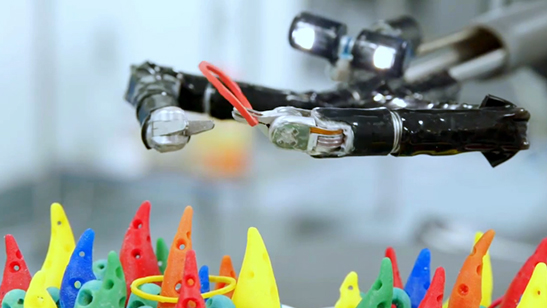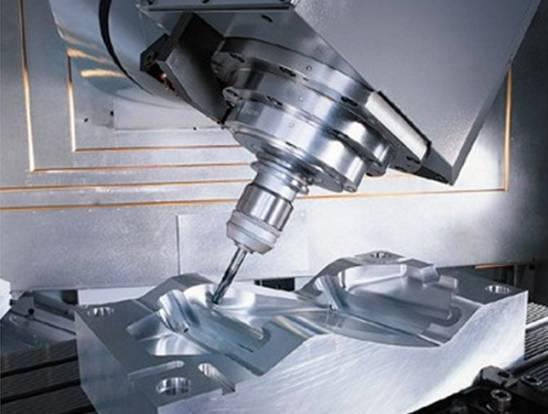BETTER TOUCH BETTER BUSINESS
Contact Sales at Lori.
In medical manufacturing, every micron counts. The precision, reliability and consistency required by the industry are of a very high standard. So, when the question arises - why choose CNC milling for medical device production? The answer lies in its inherent strengths and its critical role in ensuring patient safety and medical efficacy.

Precision and accuracy
One of the most important reasons is the unparalleled precision that CNC milling brings. Medical devices, whether surgical tools or implants, need to adhere to precise dimensions in order to function effectively.
Micrometer tolerance: Many medical components require a tight tolerance of ±0.005 mm. CNC milling is able to consistently meet these demanding standards and can easily avoid roughness.
Repeatability: For mass-produced medical devices, each product must match its predecessor. CNC milling ensures this level of repeatability.
Complex geometry: Some medical components, such as implants, have complex designs that cannot be replicated by other manufacturing methods. With CNC milling, even the most complex geometries can be realized.

Versatility of materials
Medical devices use a variety of materials, from metals to polymers. CNC milling machines excel at handling these different materials, ensuring the best results every time. As a result, every medical-grade material can be machined into the desired shape and geometry by CNC milling.
Adherence to medical standards
Medical devices are regulated to strict international standards due to their critical role. CNC milling ensures that these standards are always met, guaranteeing safety and functionality. For example, the ISO 13485 standard specifies quality management requirements where organizations must demonstrate their ability to provide medical devices and related services that consistently meet regulatory requirements. The precision and consistency of CNC milling enables manufacturers to earn and maintain these certifications.
Flexibility and adaptability
As medical science evolves, the devices that accompany new therapies and technologies must adapt quickly. The computer-driven approach to CNC milling means that changes to equipment design can be implemented very quickly, enabling rapid iteration and adaptation in production.
Copyright © 2025 Shenzhen Lori Technology Co.Ltd. | All Rights Reserved.